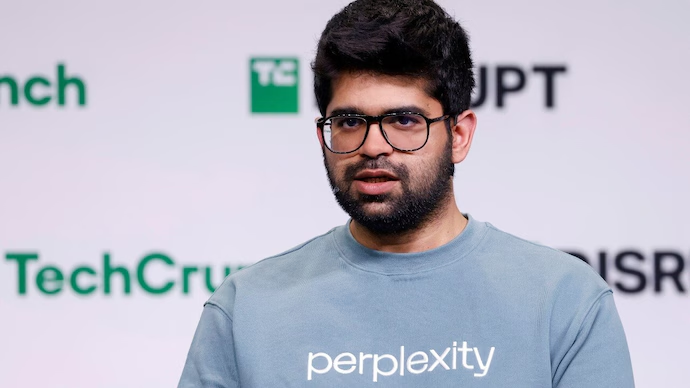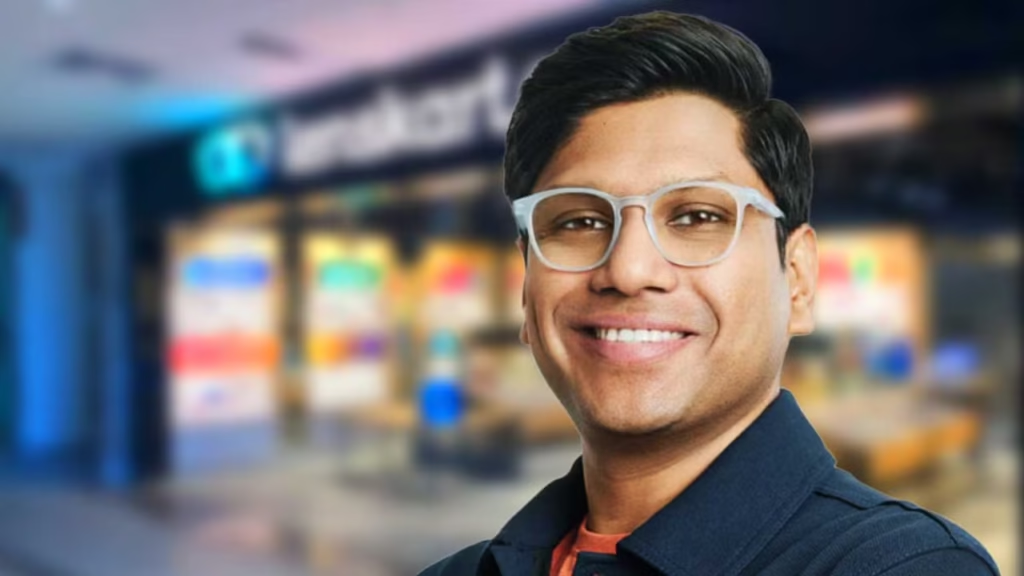Now Reading: “We Can’t Leave the Internet in Google’s Hands,” Says AI Leader Aravind Srinivas of Perplexity AI
-
01
“We Can’t Leave the Internet in Google’s Hands,” Says AI Leader Aravind Srinivas of Perplexity AI
“We Can’t Leave the Internet in Google’s Hands,” Says AI Leader Aravind Srinivas of Perplexity AI

In a recent comment, Aravind Srinivas, CEO of Perplexity AI, warned of the risks of allowing one company to dominate how we access and use the internet. He argued that as artificial intelligence reshapes search, we need more open-ended systems rather than monopolistic control. For smaller cities in India, where digital adoption is fast and the internet plays a crucial role in education and business, his message strikes an important chord.
The Monopolisation Concern
Srinivas pointed out that one major player currently controls much of how billions of users access information, whether via search engines or browsers. He suggested that when one company controls both the infrastructure and the data flow, innovation slows and consumer choice suffers. This conversation places the future of the open internet at risk if new technologies simply reinforce existing dominance.
AI’s Role in Redefining Web Search
As Perplexity AI develops tools that answer questions directly rather than serving results that require clicking through links, Srinivas believes the entire model of search is up for transformation. He argues that this shift offers an opportunity to decentralise control and give users more agency. But it also raises questions: who controls the answers, who monitors the algorithms, and who ensures transparency?
Implications for India’s Tier 2 Cities
In smaller Indian towns, where students, entrepreneurs and small businesses rely heavily on the internet for study materials, jobs and markets, a healthy open internet matters a lot. If choices are limited or platforms biased, the digital divide may deepen. Srinivas’ warning invites stakeholders in these cities to question not just access, but also control and diversity of online information.
Challenges and Opportunities Ahead
Reshaping the internet’s architecture isn’t simple. It involves balancing innovation, regulation, commercial interests and public benefit. Srinivas and his team are positioning Perplexity as one of those challengers, but the broader ecosystem—including education, policy and infrastructure in India—must evolve too.
Conclusion
Srinivas’ comments serve as a wake-up call: the internet’s future will be defined as much by who holds power over it as by the technologies that access it. For India’s growing digital communities—especially in Tier 2 cities—this is not just a tech debate; it’s about fairness, opportunity and the power to choose. The real question is whether alternatives will rise before one entity becomes too dominant.

























